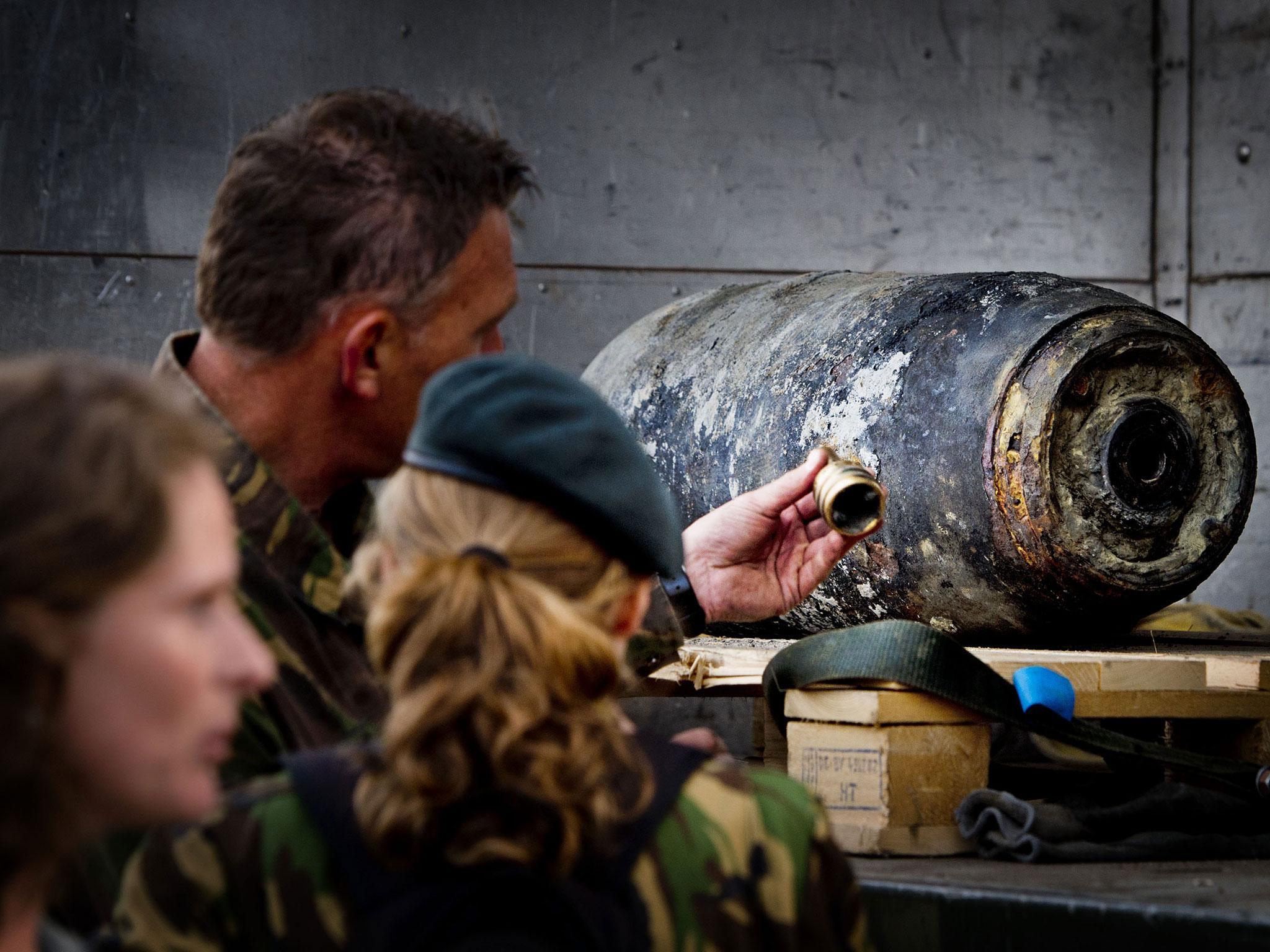Unexploded bombs in Hanover may cause 50,000 people to be evacuated from the German city
It could be one of the largest evacuations in post-war history

Your support helps us to tell the story
From reproductive rights to climate change to Big Tech, The Independent is on the ground when the story is developing. Whether it's investigating the financials of Elon Musk's pro-Trump PAC or producing our latest documentary, 'The A Word', which shines a light on the American women fighting for reproductive rights, we know how important it is to parse out the facts from the messaging.
At such a critical moment in US history, we need reporters on the ground. Your donation allows us to keep sending journalists to speak to both sides of the story.
The Independent is trusted by Americans across the entire political spectrum. And unlike many other quality news outlets, we choose not to lock Americans out of our reporting and analysis with paywalls. We believe quality journalism should be available to everyone, paid for by those who can afford it.
Your support makes all the difference.Up to 50,000 people could be evacuated from Hanover after several unexploded World War II bombs were found in the German city.
Explosives experts are investigating the area around the Vahrenwald in the north of the city to assess how many bombs could be buried there, Thomas Bleicher from the unexploded ordnance authority told The Local.
It could result in one of the largest evacuations in post-war history.
Authorities say the assessment could take until Easter and the bombs would be defused in sequence on the same day to limit inconvenience to the public.
The evacuation could potentially take place on 7 May, NDR reports.
Thousands of people from the German town of Augsburg were evacuated on Christmas Day last year while authorities disarmed a World War II bomb.
The 3.8 tonne British-made bomb was found during building work and some 32,000 homes with 54,000 residents were in the evacuation zone
Police said Christmas Day was the best time for the evacuation as there is less traffic and it was more likely people could stay with relatives.
Join our commenting forum
Join thought-provoking conversations, follow other Independent readers and see their replies
Comments